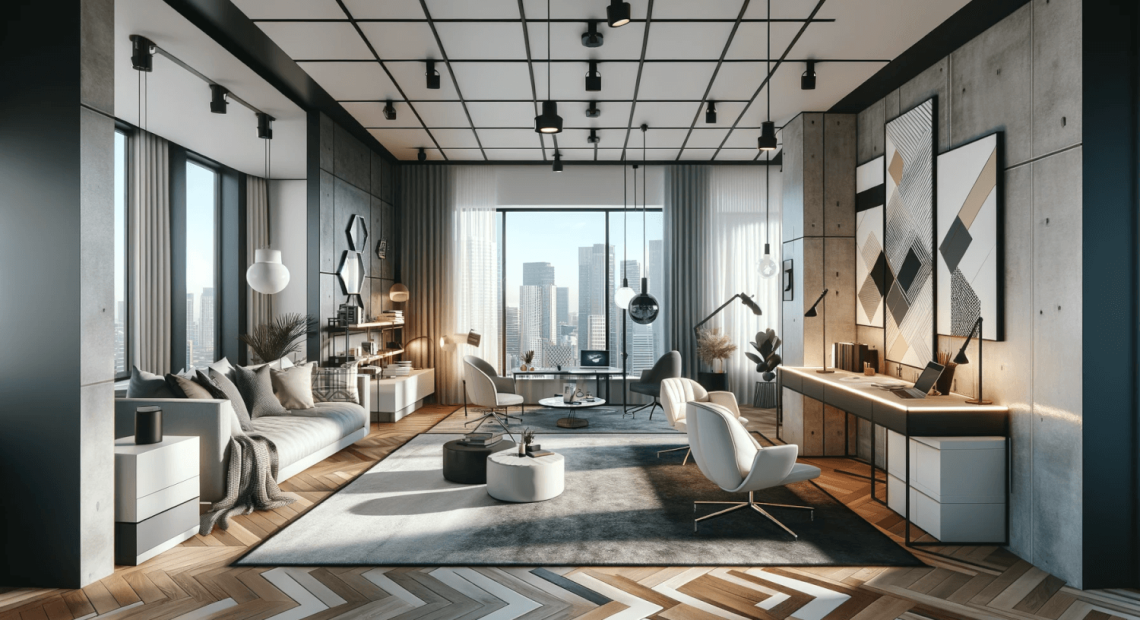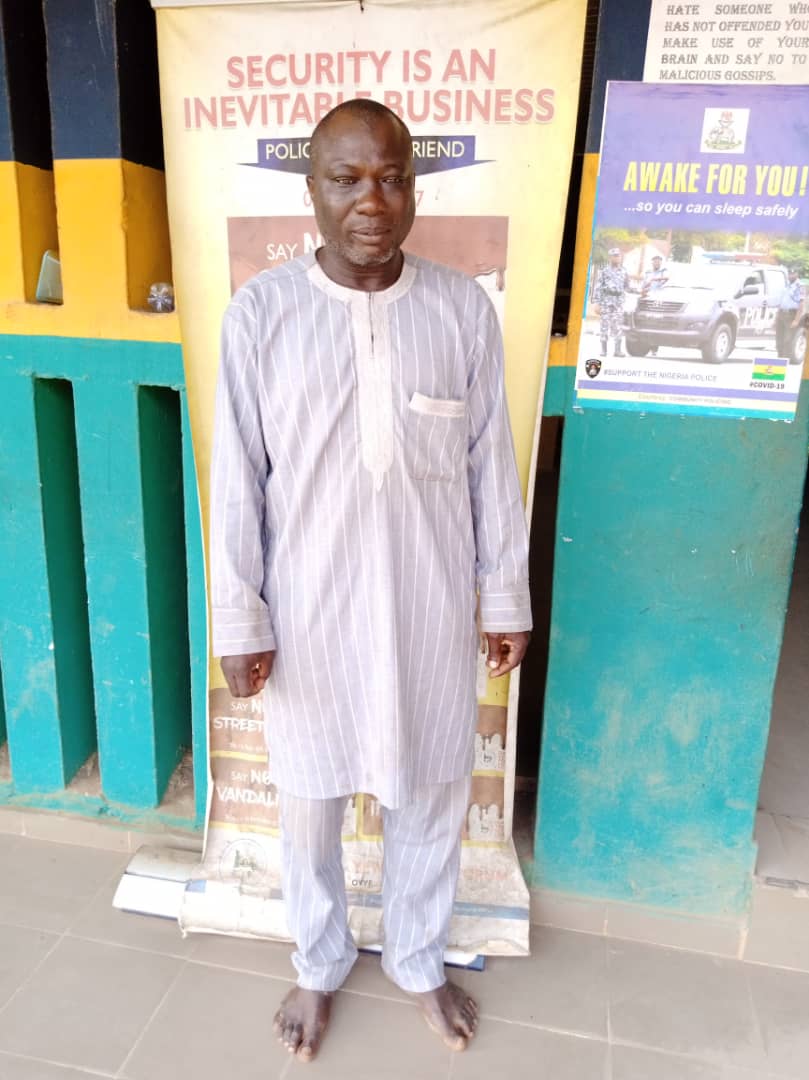The Evolving Art of Living: Redefining Lifestyle in the Modern Age

In an era of rapid technological advancement and shifting societal norms, the definition of lifestyle has undergone a profound transformation. No longer confined to a mere reflection of wealth or social status, lifestyle now encapsulates holistic well-being, sustainability, and personal fulfillment.
The modern individual is increasingly seeking balance, purpose, and authenticity in daily living, signaling a significant departure from materialism-driven aspirations of the past.
The digital revolution has had a far-reaching impact on lifestyle choices. Social media platforms serve as both a source of inspiration and a battleground for comparison, influencing everything from fashion to travel and personal development.
READ ALSO: E-paper: 10 things you need to know on The DailytimesNGR
With influencers and digital creators shaping trends, individuals are more exposed than ever to a diverse range of lifestyles, often leading to aspirations that transcend cultural and geographical boundaries.
However, this exposure also brings challenges. The pressure to curate a ‘perfect’ life online has led to rising cases of anxiety and self-doubt. Digital detoxing has, therefore, emerged as a counter-movement, with many opting to disconnect periodically to reclaim mental peace and authenticity.
Physical and mental wellness have become key pillars of a modern lifestyle. From yoga and meditation to plant-based diets and fitness regimens, people are prioritizing self-care like never before. The emphasis on mental health has led to a shift in workplace cultures, with organizations incorporating wellness programs and flexible work arrangements to support employees’ well-being.
Mindful living also extends to the home, with minimalist designs and eco-conscious choices dominating interior spaces. The rise of sustainable fashion and ethical consumerism highlights the growing awareness of responsible living. Consumers are no longer just purchasing products; they are investing in values that align with their ethical beliefs.
Modern lifestyles are increasingly shifting from material accumulation to experience-driven fulfillment. Travel has become a gateway to cultural immersion rather than just a leisure activity. People are prioritizing unique experiences over possessions, embracing adventure, and seeking deeper connections with their surroundings.
Similarly, the gig economy and remote work revolution have redefined traditional career paths. Digital nomadism, co-working spaces, and side hustles have empowered individuals to integrate work with passion, fostering a sense of freedom and creativity.
Despite the digital era’s dominance, the need for genuine human connection remains unchanged. Many individuals are rediscovering the importance of community-driven initiatives, volunteering, and local engagement. Social movements advocating for inclusivity, gender equality, and environmental conservation have created a sense of collective responsibility that shapes modern lifestyles.
Family dynamics have also evolved, with a shift towards shared responsibilities and open communication. The traditional work-life divide is becoming blurred, fostering greater harmony between professional aspirations and personal fulfillment.
As we navigate the complexities of the 21st century, lifestyle will continue to evolve, shaped by technological innovations, cultural shifts, and global challenges. The future lies in adaptability—embracing change while staying true to values that prioritize well-being, sustainability, and meaningful human connections.
Ultimately, lifestyle is no longer about following societal standards but about crafting a life that resonates with individual aspirations and collective progress. The art of living today is about being intentional, mindful, and adaptable—a testament to the ever-changing human experience.







